Story by Tamaria L. Kulemeka
Darcel Harris is thankful for the success her 12-step group, patterned after the Regeneration model, has experienced for nearly three decades. Harris, a middle school Language Arts teacher, psychology professor and author in Westminster, Md., says the group grew out of Chesapeake Conference’s Westminster (Md.) church, where she is a member. Today they meet every Friday night and during a branch Sabbath School service called True Vine. They also operate a non-profit called Grow, which enables them to provide resources and minister to the needs of homeless people, drug addicts and the less fortunate in the community.

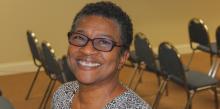


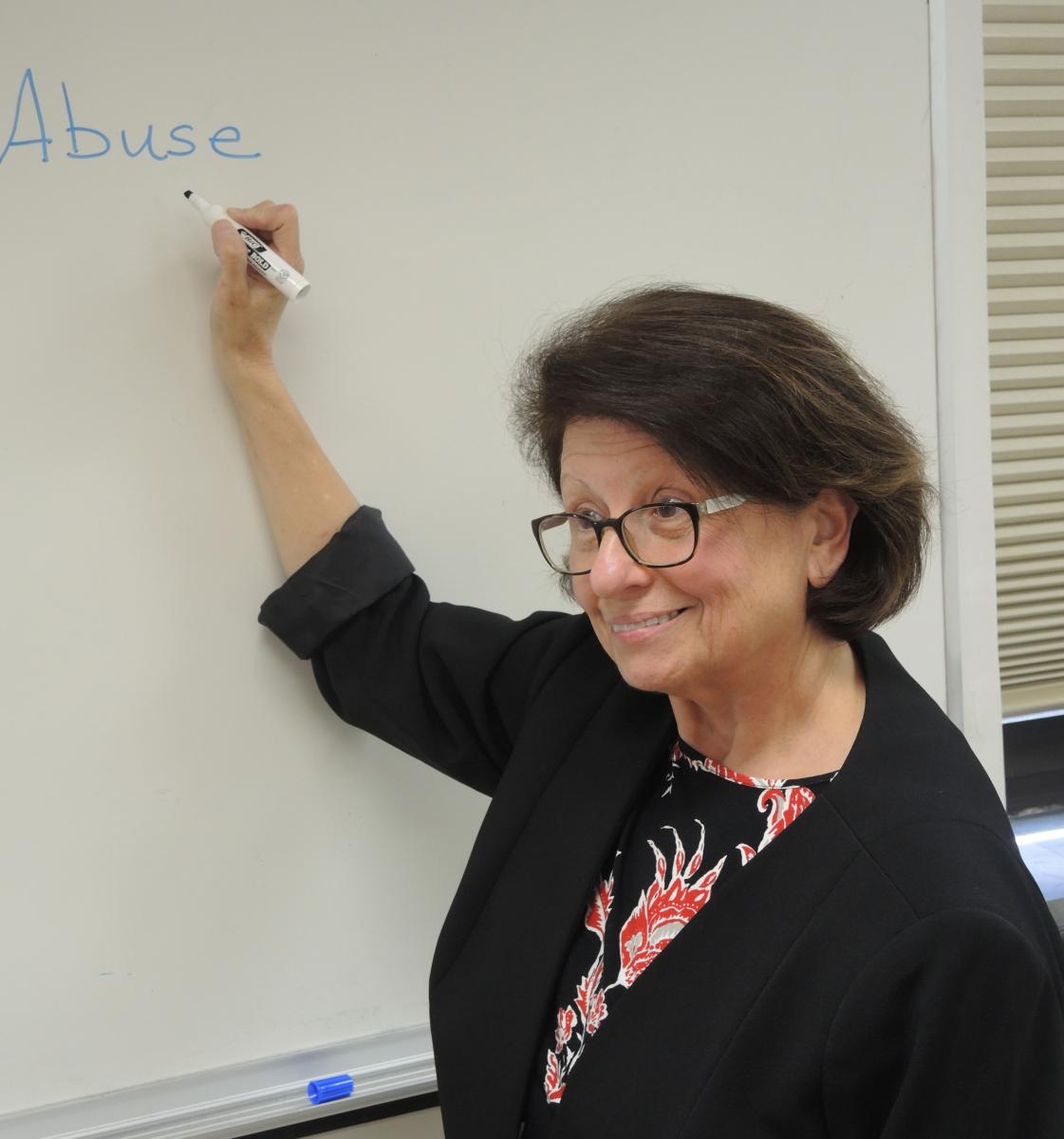 Bonnie Franckowiak, professor and coordinator of the Master of Science Nursing Program at Washington Adventist University, says recognizing substance abuse varies from age group to age group. For example, adolescents showing changes in mood or failing grades could be signs of drug use. In more advanced age groups, needle marks could be a clue that someone is using. She says the biggest determinant is recognizing a person ceasing to function as he or she once did, not to mention their finances vanishing for no visible reason.
Bonnie Franckowiak, professor and coordinator of the Master of Science Nursing Program at Washington Adventist University, says recognizing substance abuse varies from age group to age group. For example, adolescents showing changes in mood or failing grades could be signs of drug use. In more advanced age groups, needle marks could be a clue that someone is using. She says the biggest determinant is recognizing a person ceasing to function as he or she once did, not to mention their finances vanishing for no visible reason.
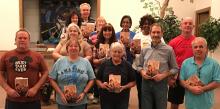

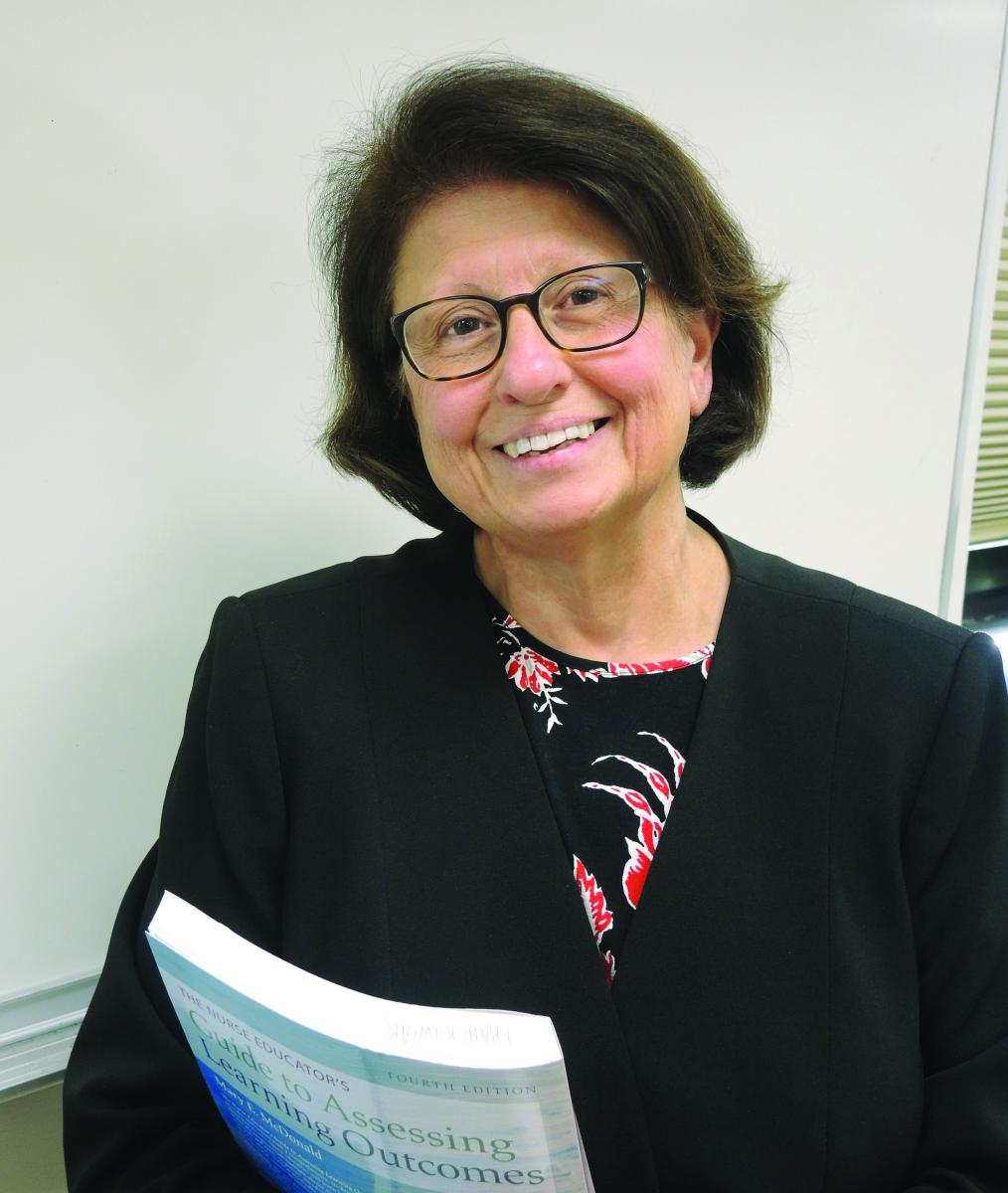 Bonnie Franckowiak, professor and coordinator of the Master of Science Nursing Program at Washington Adventist University in Takoma Park, Md., says, “The use of opioids in this country is staggering. It’s huge, and it’s growing all the time; we don’t seem to have a handle on it at all,” she says. “In 2012, 259 million prescriptions were written for opioids, which is enough to give every American adult their own pill box.”
Bonnie Franckowiak, professor and coordinator of the Master of Science Nursing Program at Washington Adventist University in Takoma Park, Md., says, “The use of opioids in this country is staggering. It’s huge, and it’s growing all the time; we don’t seem to have a handle on it at all,” she says. “In 2012, 259 million prescriptions were written for opioids, which is enough to give every American adult their own pill box.”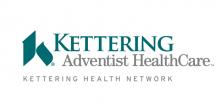
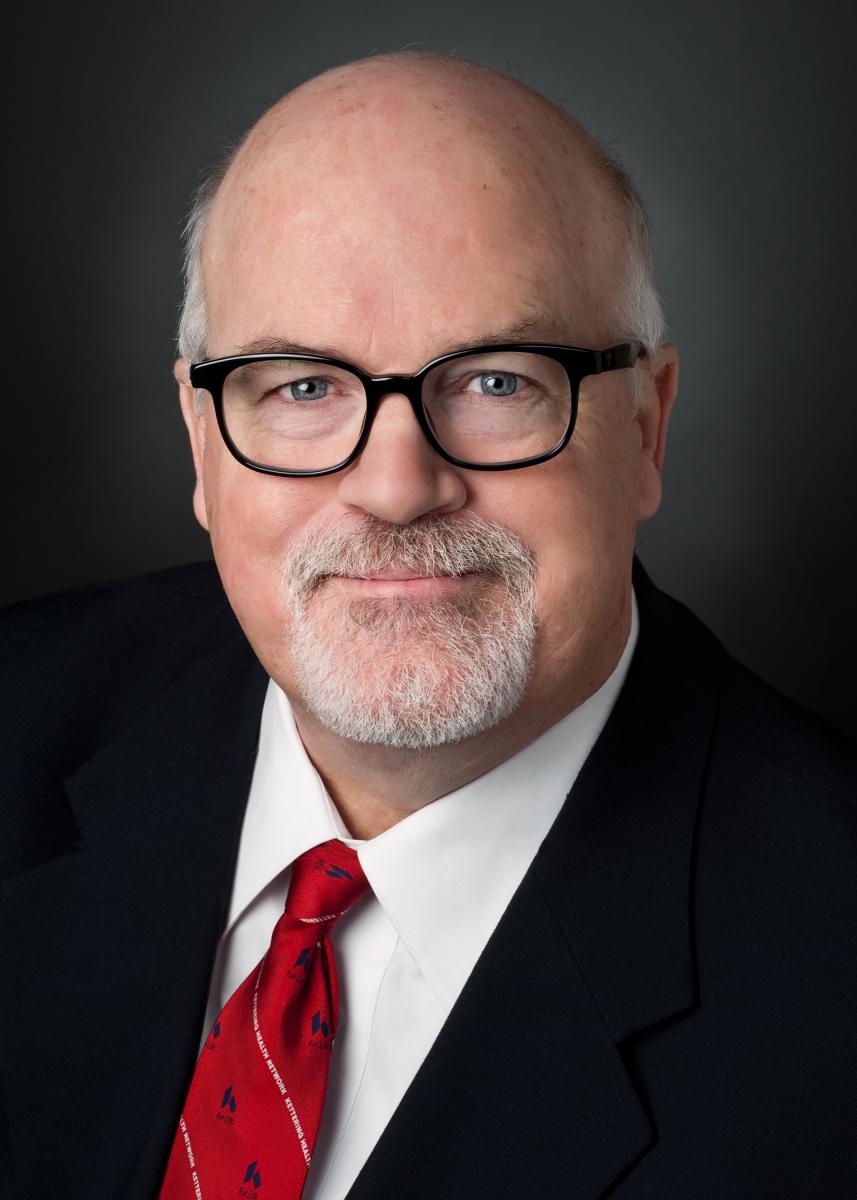 Story by Elizabeth Long
Story by Elizabeth Long
 Story by V. Michelle Bernard
Story by V. Michelle Bernard
